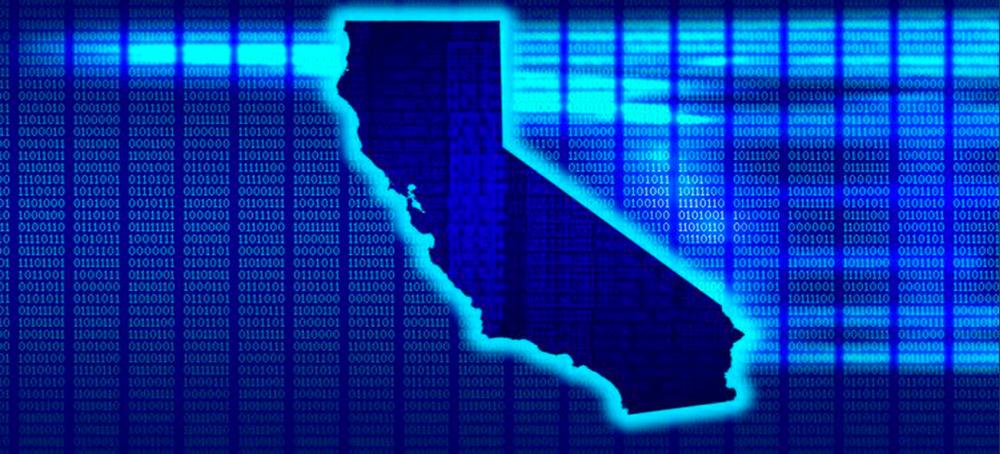The New Year has arrived, and so has the California Consumer Privacy Act. On January 6, 2020, Attorney General Xavier Becerra kicked it off by issuing an advisory for consumers highlighting their new rights under the CCPA. (See the full advisory here.)
Attorney General Becerra also urged consumers to understand and exercise their new rights:
“Knowledge is power, and in today’s world knowledge is derived from data. When it comes to your own data, you should be in control,” said Attorney General Becerra. “In California we are rebalancing the power dynamic by putting power back in the hands of consumers. I encourage all Californians to take a moment to understand their new rights and exercise these rights to take control of their personal data.”
It has become increasingly clear that Attorney General Becerra is serious about his role as chief enforcer of the CCPA. Although enforcement actions will not begin until July 1, 2020, those actions can be based on failure to comply with the CCPA any time after January 1, 2020. Members of the public can register complaints about non-complying businesses with the Attorney General’s office by completing a complaint form available on the Attorney General’s website, or by calling a toll-free telephone number.
Businesses have been scrambling to comply with the CCPA and the draft regulations published by Attorney General’s office on October 10, 2019 (and which still are not final). Perhaps recognizing this, the Attorney General has stated that enforcement actions will be guided in part by businesses’ efforts to comply, rather than by a bright-line test. Attorney General Becerra stated, “We will look kindly, given that we are an agency with limited resources, and we will look kindly on those that … demonstrate an effort to comply.” But, “If they are not (operating properly) … I will descend on them and make an example of them, to show that if you don’t do it the right way, this is what is going to happen to you.” (See full article here.)
It’s never too late to start complying with the CCPA. For a 10-Step Checklist to get started, click here. The CCPA grants these new rights to California consumers:
- Right to know – Consumers may request that businesses disclose the categories and specific pieces of information the businesses collect about them, the purpose for which the information is used, and whether the business has shared or sold the information;
- Right to delete — Consumers may request that a business delete the consumer’s personal information;
- Right to opt-out — Consumers may direct a business not to sell their personal information. And business must provide a “Do Not Sell” information link on their websites or mobile apps;
- Rights for minors regarding opt-in consent — Children under the age of 16 must provide opt-in consent, with a parent or guardian consenting for children under 13; and
- Right to non-discrimination — Businesses may not discriminate against consumers in terms of price or service when a consumer exercises a privacy right under CCPA.
If you have questions about the California Consumer Privacy Act or want to speak to a lawyer in Keesal, Young & Logan’s Privacy and Data Security Group, please call (800) 877-7049, or contact us at info@kyl.com. You also are invited to learn more about our data privacy and security practice by visiting our website, available here.
– Keesal, Young & Logan Privacy and Data Security Group
This information has been prepared by Keesal, Young & Logan for informational purposes only and is not legal advice. Transmission of the information is not intended to create, and receipt does not constitute, an attorney-client relationship between you and Keesal, Young & Logan. You should not act upon this information without seeking professional counsel.
